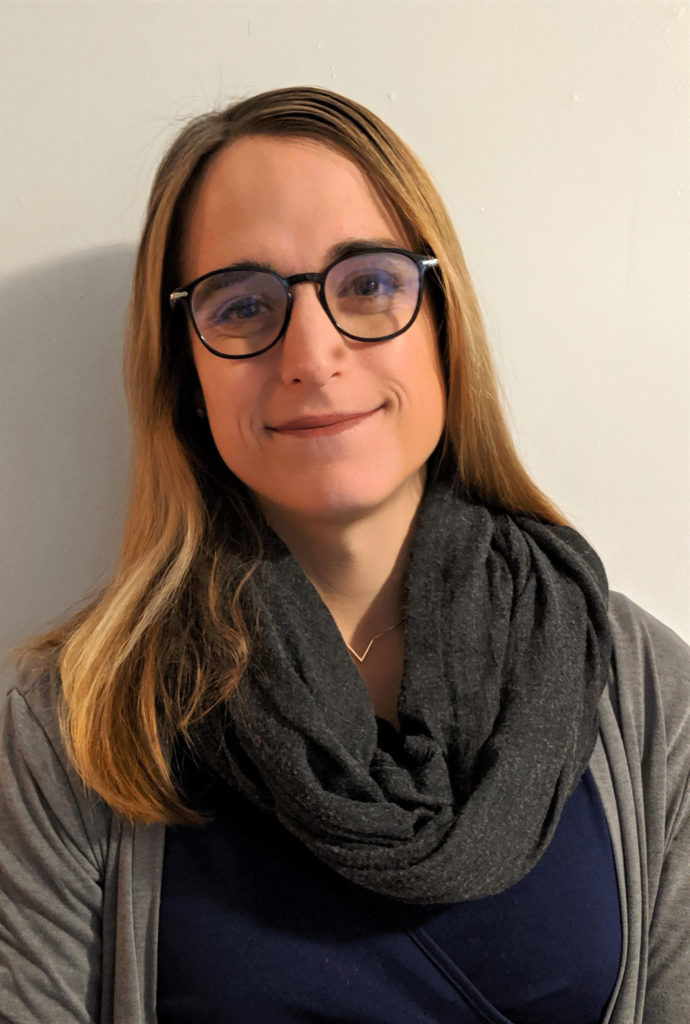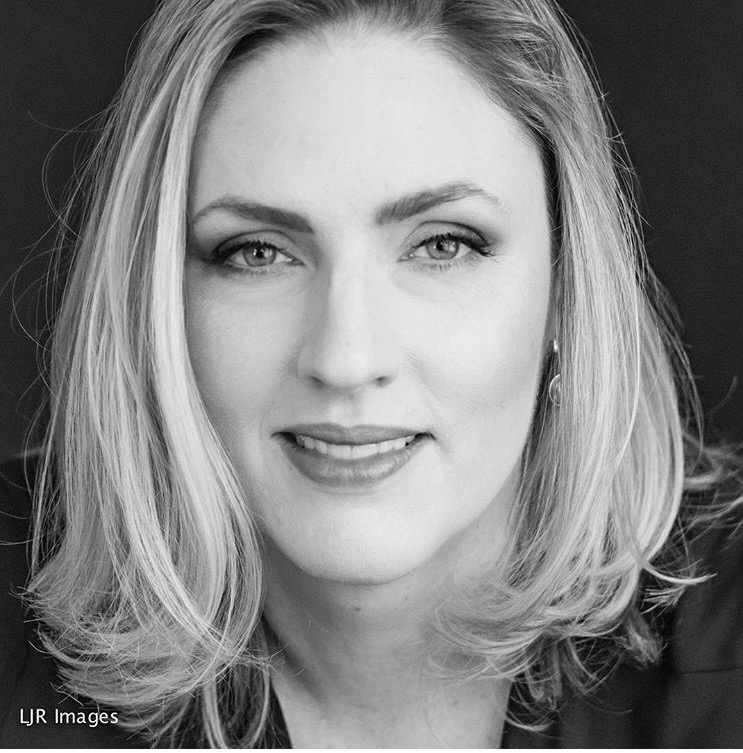

By DALLAS M. DUCAR, MSN, PMHNP-BC, RN, CNL and KATIE WOLF, MBA
We’re not in Kansas anymore. Kansas has rescinded an executive order that dramatically empowered and expanded its healthcare workforce as COVID-19 cases soared. In the best interest of patients now and in the future, other states must not follow Kansas’ example.
The story of coronavirus is far from over in the United States and the impacts to our healthcare systems continue. America’s clinical workforce began this battle at a deficit and, in certain states, continues under those conditions. For years, studies outlined shortages of medical doctors and predicted gaps to worsen over time. Prior to the presence of COVID-19, a contentious debate emerged as to how to address the deficit of physicians. Nurse practitioners (NPs) lobbied for broader clinical autonomy to help bridge this gap. At present, rapid influxes of critically ill patients have strained our healthcare systems to a breaking point laying bare the resource constraints in our healthcare system.
Alex Azar, the Secretary of Health and Human Services responded to this need by sending a letter to governors to expand the 290,000 NPs in the United States, bolstering our provider workforce during this time of crisis. Empowering NPs to independently treat patients has needlessly been a long-standing point of contention in healthcare. Increasing the breadth of NP autonomy makes sense in the face of COVID-19. Wisely, since the start of the pandemic, the number of states allowing NP autonomy jumped from 22 states to 48. This structural change to healthcare is long overdue and should remain in perpetuity. However, at the end of May, Kansas became the first state to expire this expansion of NP authority.
NPs are independently licensed and trained to diagnose and prescribe medications and treatments. This role grew organically out of the field of nursing, to provide holistic and patient-centered care to their communities. Nurses become nurse practitioners by choice, honing their skills through years of training at patients’ bedsides, and are part of the most trusted profession in the United States.
The scope of practice for NPs varies widely from state to state. Prior to COVID-19, twenty-two states allowed NPs to practice at the full scope of their discipline. Limits to a broad expansion of NP roles were less tied to patient outcomes than they are to lobbying groups seeking to keep physician-centric care models. NPs have been restricted by mandated paternalistic MD supervision including signed agreements as to what NPs may diagnose or prescribe.
Prior to COVID-19, many states did require physician supervision which limited the provision of care. Requiring physician signatures for prescription or medical supplies can needlessly slow care and add cost. These regulations simultaneously infantilize NPs and squander constrained physician resources with administrative busywork. Now, more than ever, we cannot afford to waste resources.
Calls for NP practice autonomy align with what we know of NP efficacy. Neither quality nor cost of care has suffered in the 22 states where NPs have long enjoyed a broad scope of practice. Moreover, 12 out of 13 of the highest-ranking states in healthcare quality are states with full practice authority while the 10 lowest ranking states restrict full practice authority. Now is the time to permanently make similar changes for all Americans.
Objectors to expanded NP autonomy point out that NPs have less education and training. Some medical providers argue that there is insufficient data to demonstrate whether NPs can provide care for more complex patients. Others argue that expanding NP privileges will lead to reduced quality of care, full stop. Regulations limiting the scope of NPs are incongruent with what we know of the quality of NP practice. According to the Institute of Medicine, NPs provide safe, cost-effective, and high-quality care. The National Governors Association has called for increasing the scope of NPs to meet the increasing demands of primary care. Multiple studies have demonstrated that NP-provided care reduces cost while showing no decrease in quality with patients and instead, actually receiving more education and counseling.
The response to COVID-19 has made one thing clear, the US healthcare system is resource-constrained and continuing to underperform. We need to make seismic shifts and we need to do them now.
This pandemic has changed all rules, we have a time to reinvent healthcare. We graduated medical students early, changed interstate prescribing rules, altered telehealth reimbursement and criteria. These changes were long overdue and will increase access for patients while decreasing the cost of care.
We now need to study how the expansion of NP privileges has changed healthcare in the past months, Based on the data, we are likely to find out what many other states know: that the national expansion of NP privileges will reduce the cost of care, alleviate stress amongst our physician colleagues, and maintain the quality of care and ultimately save lives.
The rest of the country cannot follow the lead of Kansas. We must instead work to create a national change allowing for permanent and systematic advancement in healthcare.
This pandemic allows us to review the way we work and quickly eliminate antiquated barriers. As we look to the horizon, which includes a continuing crisis, it’s vitally important that NPs’ scope of practice doesn’t regress. Let’s allow NPs to do what they do best: expertly treat patients — on their own.
Dallas M. Ducar, MSN, PMHNP-BC, RN, CNL, is a psychiatric-mental health nurse practitioner and a researcher at Massachusetts General Hospital, Transgender Health Program. She is also a Public Voices Fellow with The OpEd Project.
Katie Wolf, MBA, is a senior healthcare executive who has worked at Massachusetts General Hospital and Partners Healthcare. She specializes in large-scale healthcare transformation efforts.
Categories: Uncategorized









